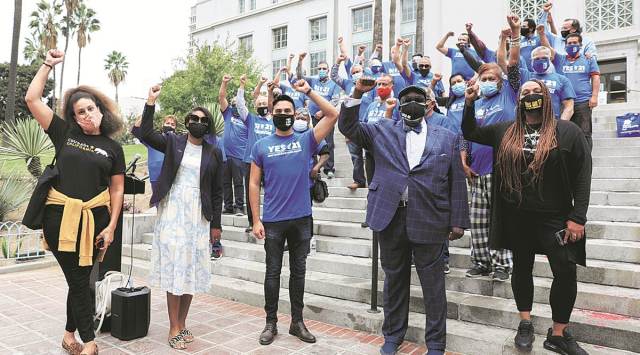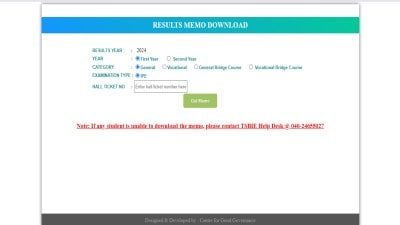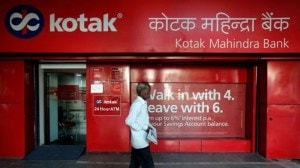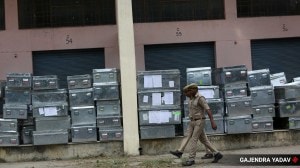- India
- International
Also on California ballot: Gig economy, race in admissions
Other than choosing between presidential candidates Donald Trump and Joe Biden, in what is being called the contest for “America’s soul”, these are some of the questions Californians will be voting on come November 3.
 Supporters of “pro-black” initiatives on the ballot at an event hosted by the California Democratic Party Black Caucus. (AP)
Supporters of “pro-black” initiatives on the ballot at an event hosted by the California Democratic Party Black Caucus. (AP)Should Uber drivers be considered employees? Should public schools consider race when accepting students? Should 17-year-olds who will turn 18 by the time of a presidential election be allowed to vote in the primaries? Should prisoners be able to pay cash to get bail?
Other than choosing between presidential candidates Donald Trump and Joe Biden, in what is being called the contest for “America’s soul”, these are some of the questions Californians will be voting on come November 3. Debates in this Democratic state have long been leading indicators of social issues roiling America — and the propositions on the ballot this time are no different.
“To study California initiatives and referendum is to study a microcosm of the major… issues that people and politicians have cared about,” wrote historian John Allswang in his book on the state’s proposition system.
This year’s propositions, put on the ballot by citizens who garnered at least 623,212 signatures in support of each, come from a long tradition of direct democracy in the country. US citizens can suggest propositions — or legal measures — to be put to popular referendum in a state, bypassing the legislature.
California was the second (after its close liberal sister Oregon) to institute the system in the late 1800s and has used it most frequently. A series of propositions in the 1900s dealt with politics over oil exploration and insurance companies. In 2008, Proposition 8 was one of the first legislative debates about gay marriage. In 2010, voters were asked to choose between emission standards and employment rates — all issues that made their way eventually to international discourse as well.

This year, the most contested proposition, Prop 22, has voters asking if Uber drivers should have flexibility or stability. With stickers on Uber vehicles and on bags of online grocery service Instacart, app-based companies have spent $181 million — the most in California’s history on a proposition campaign — to get voters on their side. If it passes, it would exempt companies like Uber from providing employee benefits to their drivers. A group of gig workers sued Uber for $260 million on Thursday for the company’s aggressive in-app messages asking riders to support the prop.
Currently, companies like Uber, Lyft and food delivery firm DoorDash use a contracting model so that they don’t have to pay their workers unemployment insurance, overtime, or compensation. The companies claim most of their drivers, a million Californians, would prefer the flexibility of contract work over the stability of employee benefits.
“(E)mployment comes with a cost: hundreds of thousands of drivers would lose work opportunities overnight,” wrote Dara Khosrowshahi, Uber CEO, in a blog post. “To be clear, I’m not arguing that gig work is perfect. On the contrary… we should be honest about how independent work must improve to meet the needs of the moment.”
Uber and the companies argue that if this proposal doesn’t pass, drivers would be forced to become full-time or leave the platform, and prices will increase.
Those who are voting against the proposition want drivers to get full employee protections and say companies shouldn’t write their own labour laws. Democratic nominee Joe Biden has endorsed this side.
Another contentious measure, supported by Democratic Vice-President nominee Kamala Harris, would allow public entities in employment, contracting and education to consider race, sex, colour, ethnicity, or national origin to address diversity. In other words, it would allow affirmative action, giving preferential treatment to historically disadvantaged groups. The state had outlawed this practice in the 1990s. The system is different from quotas, which are banned by American federal law.
This is most often brought up in the case of university admissions. Many Asian Americans believe affirmative action measures hurt them, as their higher scores are de-valued for another’s identity. Others say diversity should focus more on class, not race.
A social media campaign directed at Asian Americans targets Chinese American politicians who support the proposition: “Will Assemblyman Evan Low Betray You?” one flier reads. Signs across the state read “Don’t Divide Us” or “Opportunity for All”.
Prop 24, calling for consumer data privacy protections, is more than 50 pages long. It wants changes to the California Consumer Privacy Act of 2018, redefining sensitive data, limiting the time companies could hold onto data, and creating a new regulatory agency — with several parallels to the Personal Data Protection Bill currently pending in Indian Parliament.
California and several other states are also tackling criminal justice reform, in the backdrop of this summer’s Black Lives Matter protests. In Ohio and Maine, voters are considering a civilian review board to investigate police misconduct, and in Michigan, the police may need a search warrant to access electronic communication. Other states are tackling campaign finance reform and recreational marijuana use. Mississippi is considering a new state flag, while Rhode Island might change its official state name.
Apr 24: Latest News
- 01
- 02
- 03
- 04
- 05







































